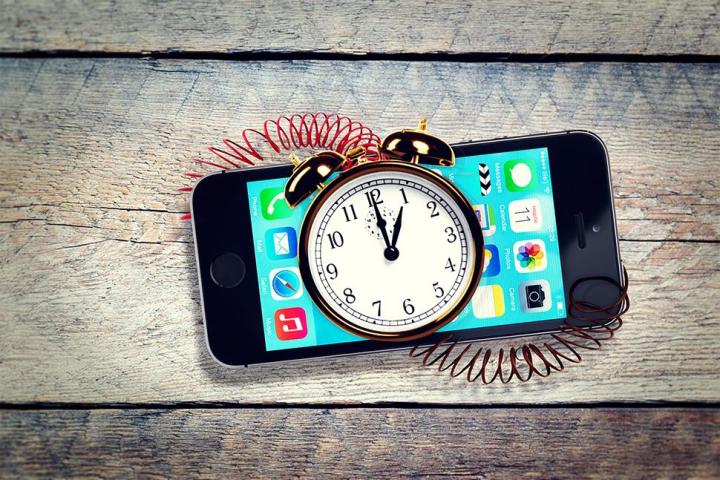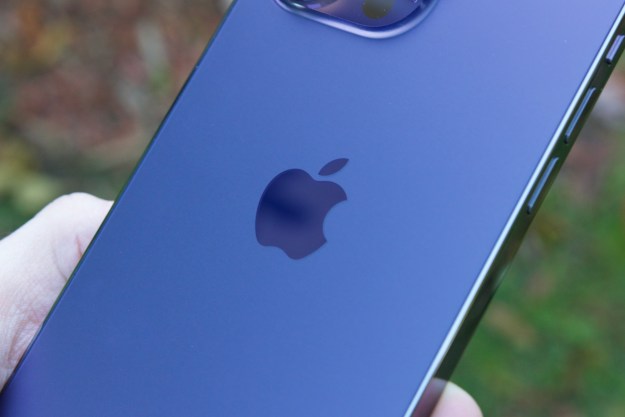
Some people want you to believe Apple is intentionally destroying its older products, but don’t listen to them. They’re the same people who think the British Royal family are lizards in disguise, or that planes deliberately spray us with noxious chemicals to make us sick. The notion of Apple purposely slows down old phones in the run up to a new launch is ludicrous.
I’m not saying planned obsolescence doesn’t exist; it does. Apple’s guilty of it, as are most other companies, but they don’t do it in the tin-foil hat kind of way. Not only are there perfectly rational explanations for older devices getting slower as time passes, but Apple really doesn’t need to resort to such complex and annoying practices to make us buy its latest products.
It’s that time of the year again
Apple’s supposed love of killing older devices with its latest software is a story that comes up almost every year. In 2013, it was a piece in the New York Times that caused a stir, and the year before, it was Microsoft’s then new Head of Mobile, Terry Myerson who got everyone thinking Apple was out to hobble their phones using some heinous, Machiavellian technique.
Two-year old phones aren’t dinosaurs, but they’re certainly worried about any meteors headed their way.
Trucco’s data is compelling, but not for the same reason the Daily Mail thinks it is. As pointed out in this New York Times piece, the Google Trends data doesn’t prove phones are slowing down, only that users think they are. While not everyone will fool themselves, many will. The knowledge that a new iPhone is imminent makes us examine our existing phones more carefully, and guess what, it won’t be as amazing as it was when we first bought it.
If you don’t want a slow old phone, treat it better
We treat our phones really badly. We don’t charge the batteries properly, we run them out and then only top them up. They get dropped, bashed, and abused. We install the latest apps and expect them to run perfectly, regardless if our phone is two-years old. They get filled to bursting point, and we never, ever turn them off. In short, we use them, but over a couple of years, this means they take quite a hammering.
Then, we expect these tired little things to run the very latest software, without any complaints, and function at their absolute best. Really? Are there so many people who don’t understand that technology, particularly in the mobile world, moves on at an amazing rate? Two-year old phones aren’t dinosaurs, but they’re certainly worried about any meteors headed their way.

Apple, and every other tech firm, designs software to run on the latest hardware. It tailors its software to work on older devices, quite generously too, but that’s not the point. Which would you prefer, software that pushes the brand new model you paid $600 for really hard, or a please-all, watered-down version that keeps those too cheap to buy the new phone happy? App developers do the same thing. They write apps which take advantage of new hardware, therefore older phones struggle. You don’t have to download them.
Conspiracy theories mask the real problem
When iOS 4 caused the iPhone 3G to have an extended asthma attack, Apple didn’t ignore the problem, and sent out a virtual inhaler with iOS 4.1 and iOS 4.2. Yes, it took a little while, but it provided a workable solution, restoring the 3G to past glories. In iOS 7, a major overhaul, it gives users the option to turn off the more graphically intensive features, lightening the load on older phones. If Apple wanted to be a real bastard, it wouldn’t do any of these things.
Apple’s not subtle about the techniques it uses for “encouraging” us to upgrade. It charges to replace the non-removable battery, and seals it up inside a shell you need a special Apple-only tool to open. That’s before you get to the astonishing marketing and promotion tactics used to convince us we need the new model right now. Why annoy potential customers and go to the trouble of making software that cripples its older phones? We’re all buying new iPhones anyway.
We should be more concerned about the way we’re being manipulated to think our phones need replacing so often, and that owning the latest and greatest will somehow make our lives better. Losing hair and sleep over imaginary campaigns to ruin the ones we own is avoiding the real issue. We are all so conditioned to want something new, we’re coming up with bizarre reasons to justify an unnecessary purchase, or lashing out at the company when we can’t afford it. Think of it from Apple’s point of view. If the audience is this desperate, why complicate life by spending time and money developing software time bombs?
Editors' Recommendations
- Why you should buy the iPhone 15 Pro instead of the iPhone 15 Pro Max
- Here’s how Apple could change your iPhone forever
- Why you should buy the iPhone 15 Pro Max instead of the iPhone 15 Pro
- iPhone 16: news, rumored price, release date, and more
- This is our best look yet at the iPhone 16’s big design changes




